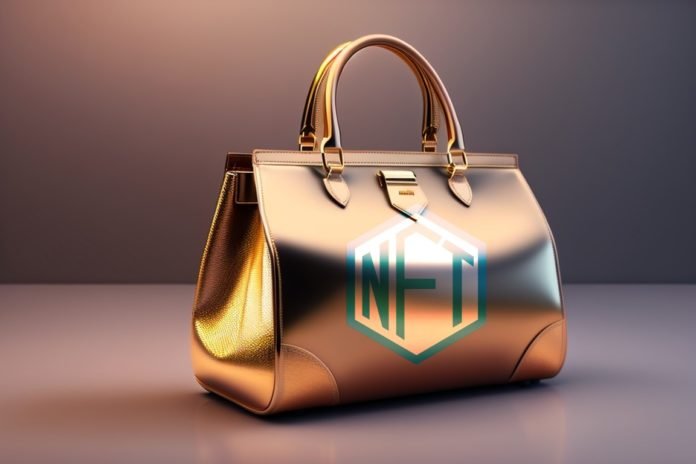The flatlining business of non-fungible tokens (NFTs) has been dealt another blow with the recent ban on Birkin NFT fakes, setting a significant precedent for intellectual property laws in the world of NFTs. In a case filed by Hermès International, a French fashion house renowned for its luxury handbags.
A New York court has ruled against Mason Rothschild (real name Sonny Estival), a digital creator from California, prohibiting him from producing NFTs based on Hermès’ iconic Birkin bags.
Hermès accused Rothschild of misleading consumers by falsely claiming that his MetaBirkins NFT collection was affiliated with the renowned fashion brand. The legal battle commenced in January 2022 when Hermès brought the case before the Southern District Court of New York, asserting that Rothschild’s digital creations, which he began auctioning online in December 2021, infringed upon their intellectual property rights. Despite Rothschild’s NFTs generating an impressive $1.1 million in sales, the court found in favor of Hermès.
Judge Jed Rakoff, presiding over the case, referred to Rothschild as a “swindler” who aimed to deceive consumers into believing that his NFTs were officially connected to Hermès’ Birkin trademarks. Rakoff emphasized that the First Amendment did not protect Rothschild from liability in this scheme, ruling in favor of Hermès’ intellectual property claims. However, the judge refrained from ordering Rothschild to transfer the tokens to Hermès out of an “abundance of caution” regarding potential First Amendment concerns related to artistic expression.
Despite the initial court decision, the legal battle continued as Hermès expressed its dismay over Rothschild’s continued marketing of his NFTs after the jury’s verdict. In March, the luxury goods maker filed another lawsuit, seeking further resolution. Rothschild retains the option to appeal the court’s decision, potentially prolonging the legal process.
The Birkin NFT
The Birkin NFT case highlights the growing significance of intellectual property protection within the NFT industry. As the popularity and value of NFTs continue to surge, it becomes crucial to safeguard the rights of original creators and prevent misleading or infringing digital reproductions. This ruling serves as a warning to other NFT creators and platforms to ensure they respect established trademarks and intellectual property laws, promoting a fair and ethical marketplace for digital assets.
The journey of NFTs has been tumultuous, facing numerous challenges along the way. The recent court judgment not only sets a significant precedent for intellectual property (IP) law concerning NFTs but also deals another blow to an industry that has been grappling with difficulties in recent months.
Initially, NFTs were hailed as the driving force behind the metaverse, but the companies that initially supported the concept gradually lost faith in its potential. As a result, the NFT space, mostly unregulated, has been experiencing a contraction. Issues such as forgery, theft, market saturation, and the lack of clear use cases for NFTs have eroded investor confidence in a field that was once touted as a revolutionary force for art, capable of combating counterfeiting.
In August of last year, a report from blockchain analyst Elliptic revealed that over $100 million worth of NFTs had been stolen since July 2021. NFT scammers exploited search engines by paying for advertisements that directed users to phishing websites. However, this figure only scratched the surface of the largest single theft, amounting to $500 million from NFT-based video game Axie Infinity in March 2022, which the report failed to capture.
During the prolonged crypto winter and a bear market, data from crypto platforms The Block and CryptoSlam in October 2022 showed a staggering 90% decline in NFT trading volumes over the previous 12 months.
A report published by global digital assets management platform Galaxy in May 2023 further highlighted the downward trend. It revealed that daily NFT trading volumes had dwindled over the past three months, dropping from $70 million in March to $35 million in April, and further down to $30 million in May.
These figures underscore the challenges faced by the NFT industry, as it grapples with decreasing trading volumes and waning market enthusiasm. It remains to be seen how the industry will adapt and overcome these obstacles to regain the confidence of investors and fulfill its potential in the digital realm.



